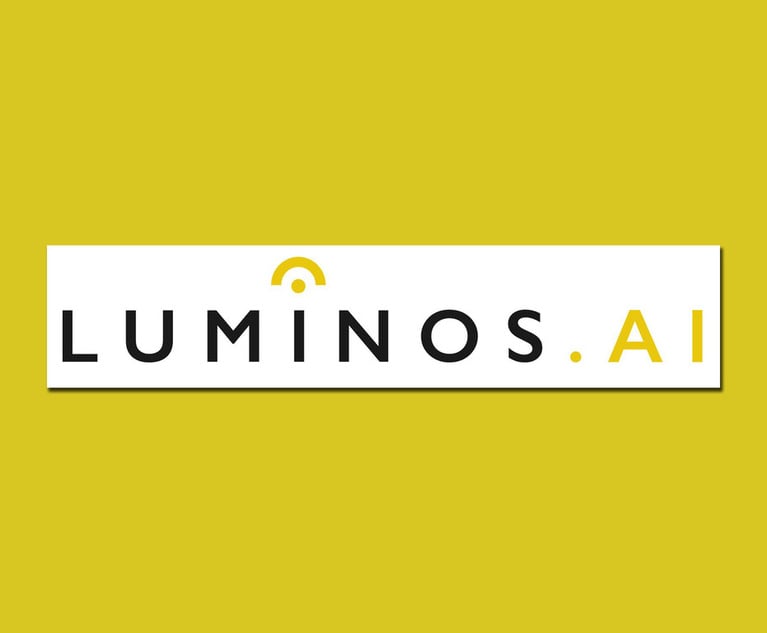With cross-border e-discovery becoming more prevalent in the global economy, a growing number of non-U.S. legal practitioners are now tasked with learning how to not only navigate U.S. discovery obligations, but also deploy modern e-discovery technology.
One U.S. law school, however, is stepping up to help international law students get up to speed. The University of Florida’s Levin College of Law recently partnered with Southeast University in Nanjing, China, to launch an intensive two-week, 16-hour course aimed at educating local law students on U.S. e-discovery laws and practices. William Hamilton, legal skills professor and executive director of the University of Florida’s E-Discovery Project, led the course, which took place at Southeast University during the last two weeks of August.


 Nanjing over the Yangtze River in Jiangsu Province, China. Credit: HelloRF Zcool/Shutterstock.com
Nanjing over the Yangtze River in Jiangsu Province, China. Credit: HelloRF Zcool/Shutterstock.com





